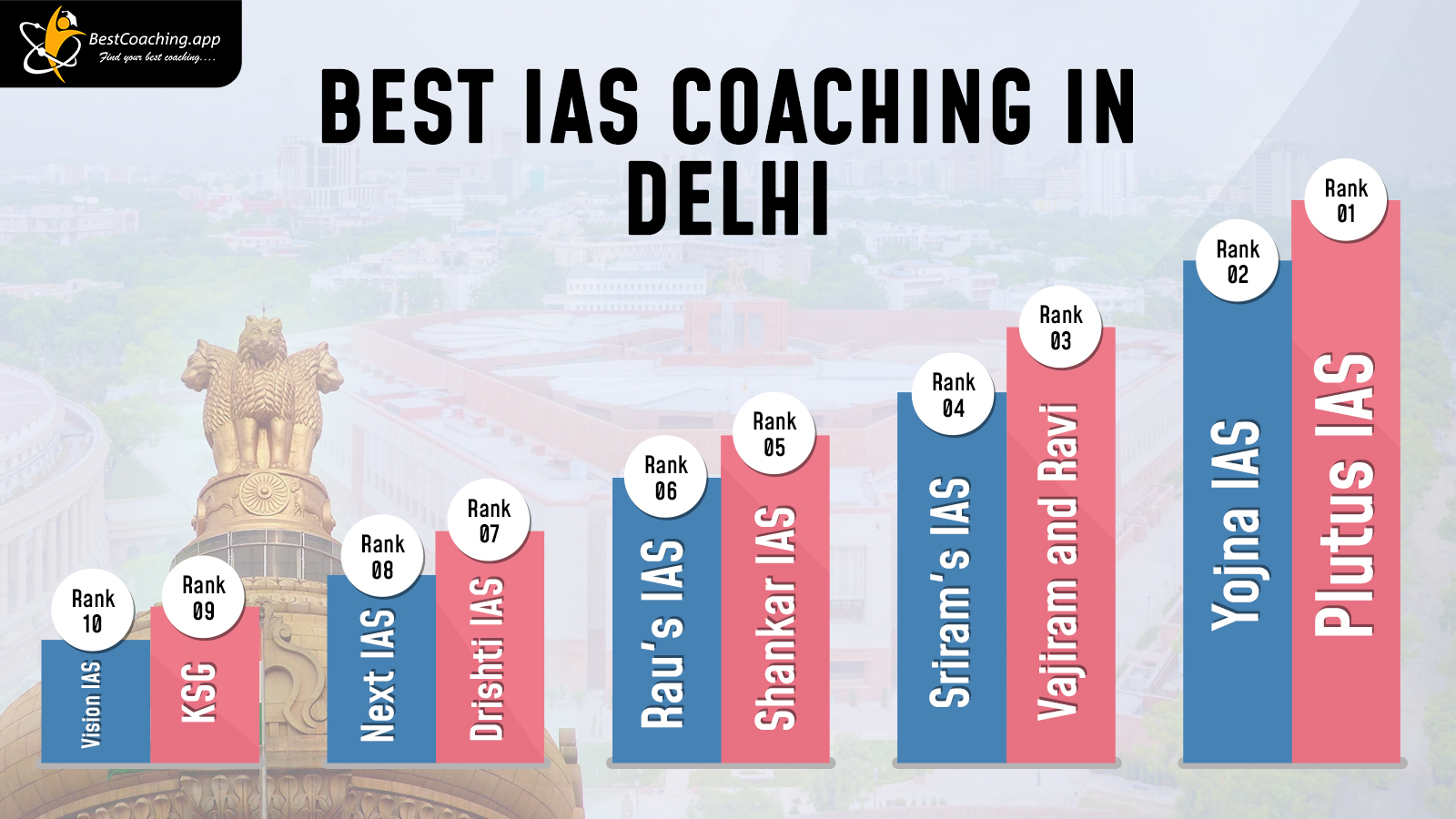Education is the cornerstone of progress, the key to unlocking Coaching Fees of IAS in Delhi human potential, and the catalyst for societal development. It is not merely the transmission of knowledge from one generation to another, but a dynamic process that shapes individuals, communities, and entire nations. In today’s rapidly evolving world, the importance of education cannot be overstated. It is the beacon of hope, the bridge to opportunity, and the foundation upon which a brighter future is built.
Empowering Individuals:
At its core, education empowers individuals to reach their full potential. It equips them with the knowledge, skills, and critical thinking abilities needed to navigate the complexities of modern life. Education opens doors to opportunities, enabling individuals to pursue their passions, fulfill their aspirations, and contribute meaningfully to society. Whether it’s through formal schooling, vocational training, or lifelong learning initiatives, education empowers individuals to break free from the shackles of ignorance and realize their dreams.
Fostering Equality and Inclusion:
Education is a powerful tool for promoting equality and inclusion. It serves as a leveller, providing marginalized groups with the means to overcome barriers and participate fully in society. By ensuring access to quality education for all, regardless of gender, ethnicity, socioeconomic status, or disability, we can create a more equitable world where everyone has the opportunity to thrive. Education empowers individuals to challenge stereotypes, dismantle prejudice, and build a more just and inclusive society.
Driving Economic Growth:
Education is a driver of economic growth and prosperity. It enhances productivity, innovation, and entrepreneurship, laying the groundwork for sustainable development. By investing in education, governments can cultivate a skilled workforce capable of driving technological advancement, attracting investment, and fostering innovation. Education also plays a crucial role in reducing poverty and inequality by equipping individuals with the skills they need to secure decent employment and improve their standard of living.
Promoting Global Citizenship:
In an increasingly interconnected world, education is essential for promoting global citizenship and fostering cross-cultural understanding. It exposes individuals to diverse perspectives, languages, and cultures, enabling them to appreciate the richness of human diversity. Education also instills values such as tolerance, empathy, and respect for human rights, laying the groundwork for a more peaceful and harmonious world. By nurturing global citizens who are informed, compassionate, and engaged, education has the power to transcend borders and build bridges of understanding across cultures and continents.
Challenges and Opportunities:
While education holds immense promise, it also faces numerous challenges in today’s world. Inequalities in access to education, inadequate funding, outdated curricula, and disparities in quality remain persistent barriers to progress. Moreover, rapid technological advancements and the rise of automation are reshaping the nature of work, posing new challenges for education systems worldwide. However, these challenges also present opportunities for innovation and reform. By embracing new technologies, adopting learner-centered approaches, and prioritizing inclusivity and equity, we can create education systems that are responsive to the needs of the 21st century.
Conclusion:
Education is not merely a means to an end but a fundamental human right and a catalyst for positive change. It has the power to transform lives, lift communities out of poverty, and build a more sustainable and equitable future for all. As we strive to address the complex challenges of our time, let us remember the transformative power of education and commit to ensuring that it reaches every corner of the globe. By investing in education today, we invest in a better tomorrow for generations to come.

